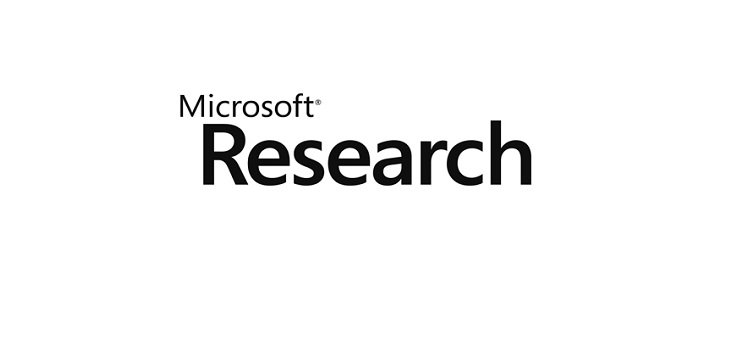- Personal relationships and digital media
- Audiences and the shifting landscapes of producer/consumer relations
- Affective, immaterial, and other frameworks for understanding digital labor
- How platforms, through their design and policies, shape public discourse
- The politics of algorithms, metrics, and big data for a computational culture
- The interactional dynamics, cultural understanding, or public impact of AI chatbots or intelligent agents
Interns are also expected to give short presentations on their project, contribute to the SMC blog, attend the weekly lab colloquia, and contribute to the life of the community through weekly lunches with fellow PhD interns and the broader lab community. There are also natural opportunities for collaboration with SMC researchers and visitors, and with others currently working at MSRNE, including computer scientists, economists, and mathematicians. PhD interns are expected to be on-site for the duration of their internship.
Applicants must have advanced to candidacy in their PhD program by the time they start their internship. (Unfortunately, there are no opportunities for Master’s students or early PhD students at this time). Applicants from historically marginalized communities, underrepresented in higher education, and students from universities outside of the United States are encouraged to apply.
PEOPLE AT MSRNE SOCIAL MEDIA COLLECTIVE
The Social Media Collective is comprised of full-time researchers, postdocs, visiting faculty, Ph.D. interns, and research assistants. Current projects in New England include:
- How does the use of social media affect relationships between artists and audiences in creative industries, and what does that tell us about the future of work? (Nancy Baym)
- How are social media platforms, through their algorithmic design and user policies, taking up the role of custodians of public discourse? (Tarleton Gillespie)
- What are the cultural, political, and economic implications of crowdsourcing as a new form of semi-automated, globally-distributed digital labor? (Mary L. Gray)
- How do public institutions like schools and libraries prepare workers for the information economy, and how are they changed in the process? (Dan Greene)
- How are media standards made, and what do their histories tell us about the kinds of things we can represent? (Dylan Mulvin)





Leave a Reply